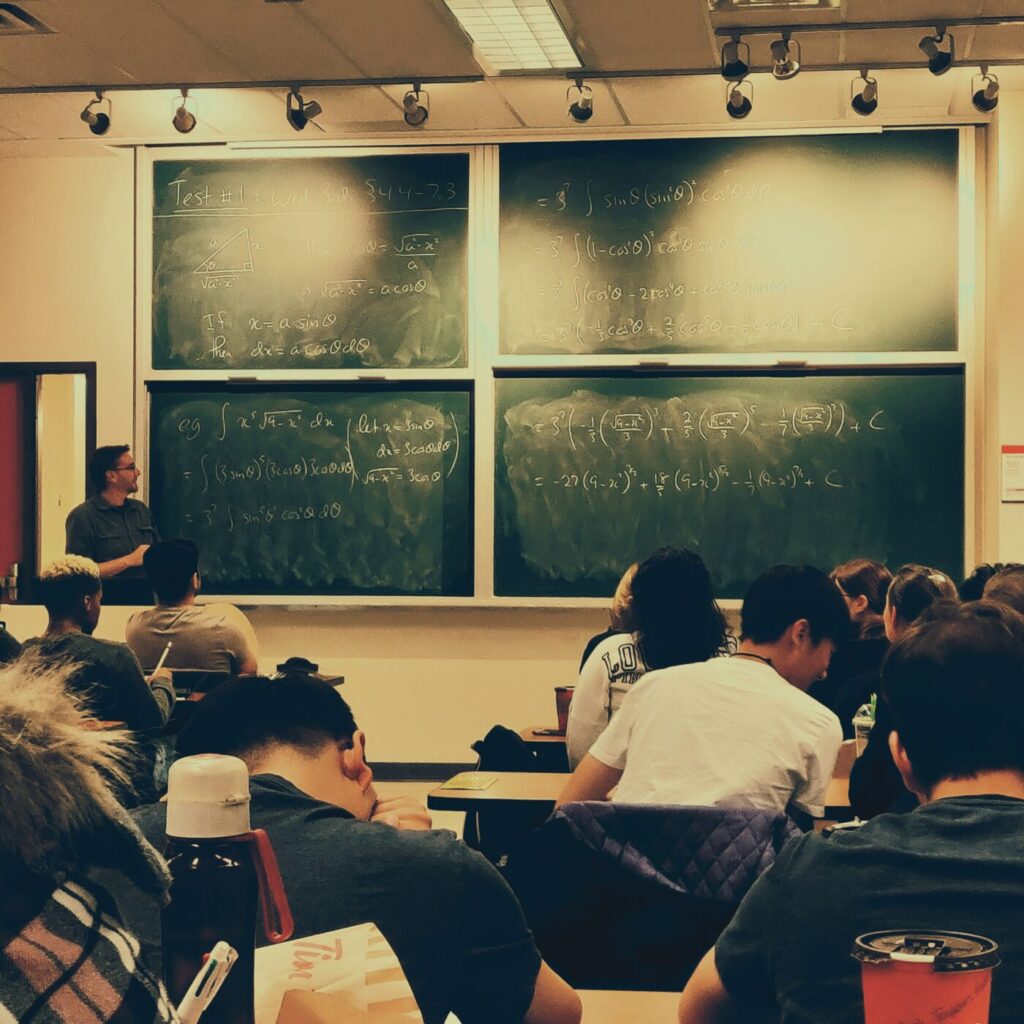Over the past several years, Lauren Schudde’s research team has been examining how community colleges in Texas responded to a statewide mandate for corequisite coursework. They discuss several common strategies to smooth the transition to corequisite reforms used by high implementation colleges (those exceeding state targets and moving rapidly to scale).
Lessons from Corequisite Math Reform




